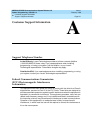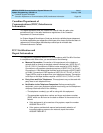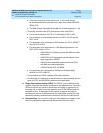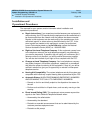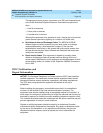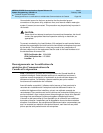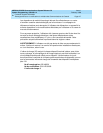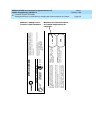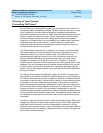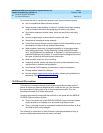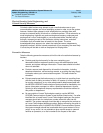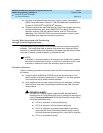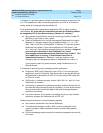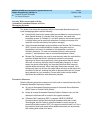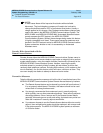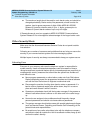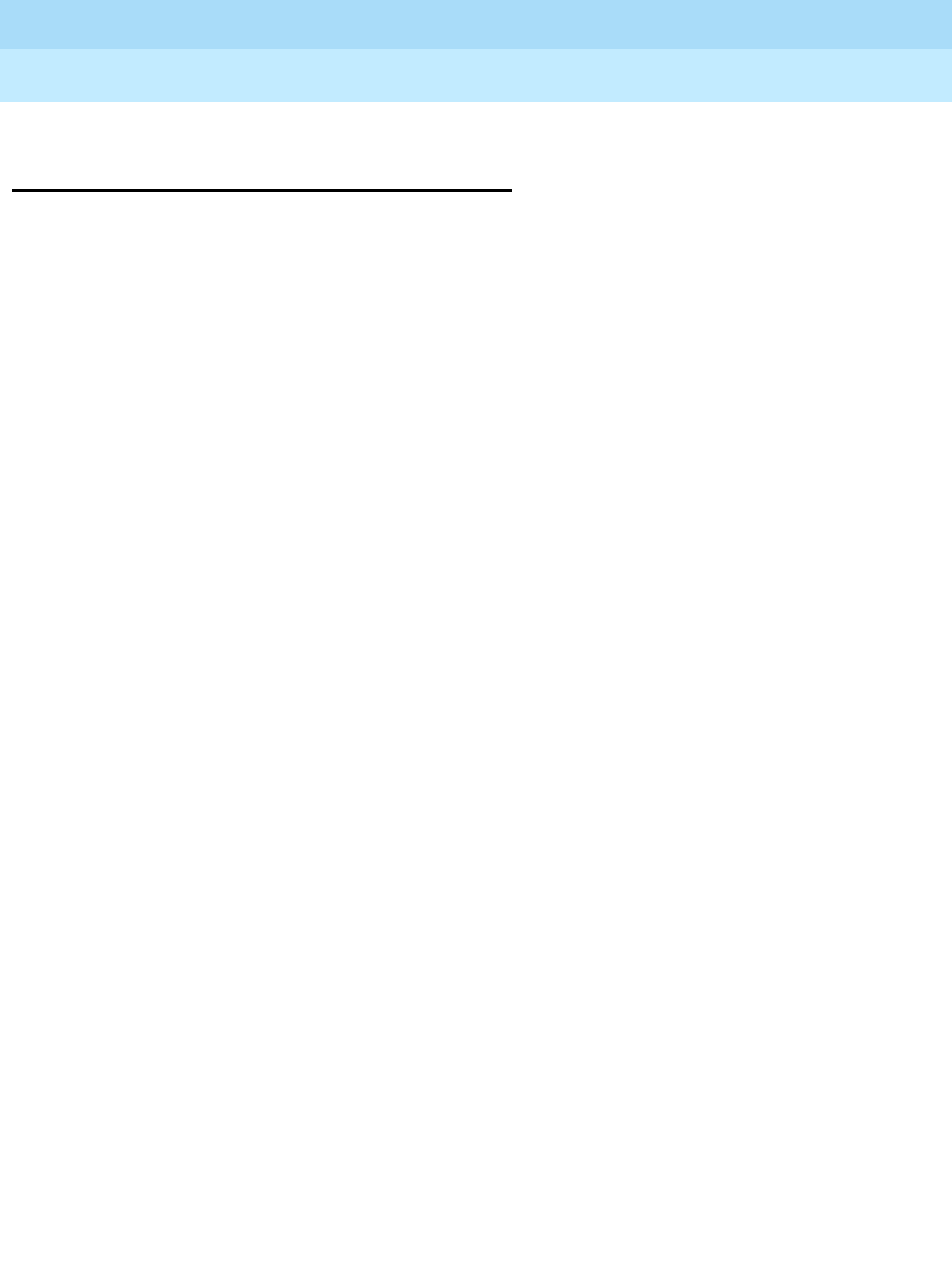
MERLIN LEGEND Communications System Release 6.0
System Programming
555-660-111
Issue 1
February 1998
Customer Support Information
Page A-9Security of Your System: Preventing Toll Fraud
A
Security of Your System:
Preventing Toll Fraud 1
As a customer of a new telephone system, you should be aware that there is an
increasing problem of telephone toll fraud. Telephone toll fraud can occur in many
forms, despite the numerous efforts of telephone companies and telephone
equipment manufacturers to control it. Some individuals use electronic devices to
prevent or falsify records of these calls. Others charge calls to someone else’s
number by illegally using lost or stolen calling cards, billing innocent parties,
clipping on to someone else’s line, and breaking into someone else’s telephone
equipment physically or electronically. In certain instances, unauthorized
individuals make connections to the telephone network through the use of the
Remote Access features of your system.
The Remote Access features of your system, if you choose to use them, permit
off-premises callers to access the system from a remote telephone by using a
telephone number with or without a barrier code. The system returns an
acknowledgment signaling the user to key in his or her barrier code, which is
selected and administered by the system manager. After the barrier code is
accepted, the system returns dial tone to the user. In Release 3.1 and later
systems, barrier codes are by default restricted from making outside calls. In prior
releases, if you do not program specific outward calling restrictions, the user will
be able to place any call normally dialed from a telephone associated with the
system. Such an off-premises network call is originated at, and will be billed from,
the system location.
The Remote Access feature, as designed, helps the customer, through proper
administration, to minimize the ability of unauthorized persons to gain access to
the network. Most commonly, phone numbers and codes are compromised when
overheard in a public location, through theft of a wallet or purse containing access
information, or through carelessness (for example, writing codes on a piece of
paper and improperly discarding it). Additionally, hackers may use a computer to
dial an access code and then publish the information to other hackers. Enormous
charges can be run up quickly. It is the customer’s responsibility to take the
appropriate steps to properly implement the features, evaluate and administer the
various restriction levels, protect access codes, and distribute access codes only
to individuals who have been fully advised of the sensitive nature of the access
information.
Common carriers are required by law to collect their tariffed charges. While these
charges are fraudulent charges made by persons with criminal intent, applicable
tariffs state that the customer of record is responsible for payment of all long-
distance or other network charges. Lucent Technologies cannot be responsible for
such charges and will not make any allowance or give any credit for charges that
result from unauthorized access.



